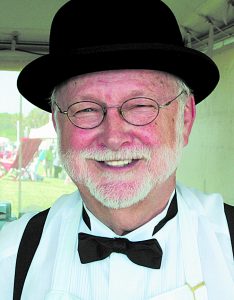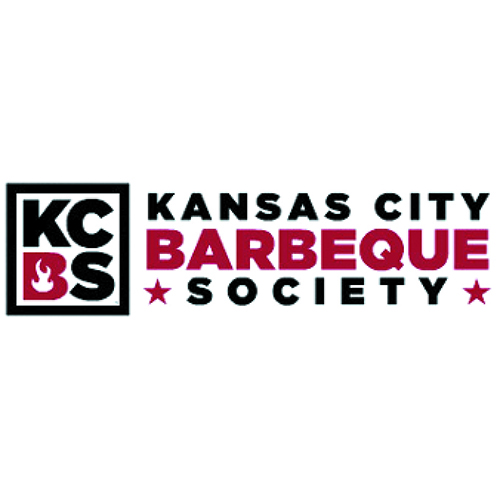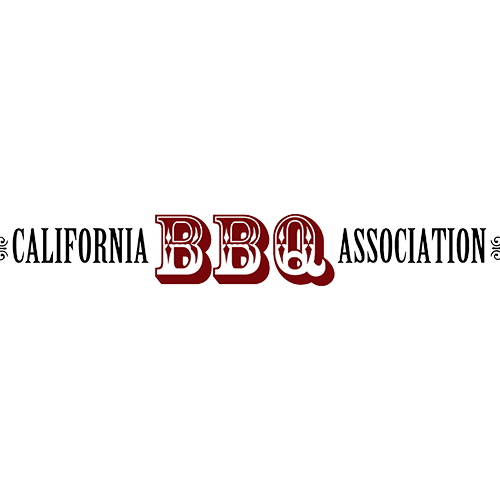Are You In Your Lane?

Ardie Davis
aka Remus Powers
BBQ Hall of Famer
“Maybe. But maybe they’ll let me work it.” “You’re giving the rest of us a bad name, Renée.”
“What are you talking about?”
“Just stay in your lane. Nobody moves, nobody gets hurt, right?”
– LAPD Officer Moore to Officer Ballard in Michael Connelly’s novel, The Dark Hours (2021)
“Stay in your lane” as a popular expres- sion has been with us since at least 2015. When it’s a put-down it goes like this: “You don’t know diddley-squat about that. Stay in your lane!” “You don’t know diddley- squat” is implied. “Stay in your lane!” de- livers the jab.
When it’s workplace jargon to discourage overachievers perceived as a threat to the status quo, it sounds like Officer Moore as quoted from Michael Connelly’s novel, The Dark Hours.
Is it a coincidence or a consequence that “Stay in your lane” emerged in our tech- nology-infused culture with an Internet cafeteria of “facts,” “history” and “truth” easily accessible via PC, iPhone, laptop, iPad, smart wristband and other devices?
Take LOLLIPOPS for example. In less than a second, my Google search yielded 208 million references, beginning with the “Lollipop” song popularized in the 1950s by the Chordettes. Their vintage rendition of “Lollipop” and “Mr. Sandman” on YouTube inspired hundreds of thousands of comments from all over the world. Wikipedia defines lollipop, gives a lollipop history and so forth. And the lollipop links go on. If you cared to, you could become so steeped in lollipop facts that you’d be considered an expert in the Lollipop Lane.
On the surface, “Stay in your lane” makes sense, especially when referring to erratic drivers on crowded highways, football players assigned to a zone, competition swimmers and track runners. It also makes sense when you want expert tips on improving your barbecue. If you’re a first-timer in a contest and a neighboring team is a seasoned competitor willing to show you how to stay in the lane, lucky you. If you have a new kamado, pellet cooker, stick burner, kettle, drum or restaurant-style cooker, you’ll trust people who are experienced with that type of cooker, especially if you’ve tasted their barbecue and you like it. Likewise, when you take a class to become a certified bar- becue judge, table captain or other impor- tant sanctioned contest official, you want experienced instructors who know the lane.
Techne & Episteme
The branch of Philosophy known as epis- temology focuses on knowledge—how we know, what we know and what it means to know. For centuries philosophers have discussed and pondered the subject from various angles. It gets so complex that one pundit defined philosophy as “a dis- ease, of which it should be the cure.”
When the Greek philosopher Plato weighed in on knowledge, he pegged two types: techne and episteme.
Thinkers in the techne camp know how things work. They excel at technical knowledge: math, mechanics, physics, en- gineering, information technology, robot- ics, artificial intelligence and such.
Thinkers in the episteme camp strive to understand the Big Picture and how everything interrelates. They think beyond physics to metaphysics.
Socrates, one of Plato’s best students, learned how others think by probing for clarity and understanding with questions such as “What do you mean?” He could evaluate the credibility of a knowledge claim with follow-up probes such as “How do you know?” Responses to his ques- tions helped Socrates differentiate clear thinking from gobbledygook and fact from fiction.
Much later than Plato and Socrates, but under their influence, philosopher and mathematician Alfred North Whitehead urged thinkers to delve deeply into a sub- ject of interest, then imagine flying high above the subject, to see it in relation to the whole. Understanding the interrelated- ness of all things great and small is how I think of episteme. In that sense you, me, everyone, is not confined to one lane. We can think and behave outside and inside the many lanes of life.
Wherever you are in your ongoing barbe- cue deep dive—philosophy, history, art, science, tips from expert pitmasters, ex- periments with different woods, season- ings, cookers, gadgets, regional styles, meats, complementary dishes, comple- mentary beverages and much more—plus understanding barbecue in relation to our interdependent planet, strive to channel your inner Alfred North Whitehead. Life- long learning is simple, but not always easy. Serious and humorous.
Stay humorous
There is no shortage of humor in the bar- becue community. With that in mind I’ll end this with an antidote to too much seri- ousness. If you’ve worked your mind into a confusing philosophical barbecue co- nundrum, lighten up, take a break and imagine this: Four professional singer-dancers dressed in race car driver suits or pitmaster outfits, holding giant lollipops, tongs and long- handled barbecue forks, are singing “The Lollipop Guild” song for you with helium- spiked voices like the munchkins in the 1939 Wizard of Oz movie. They are in their lane as entertainers and out of their lane as barbecue and lollipop experts. Your call as to when if ever to exclaim “Stay in your lane!” Let’s eat!






